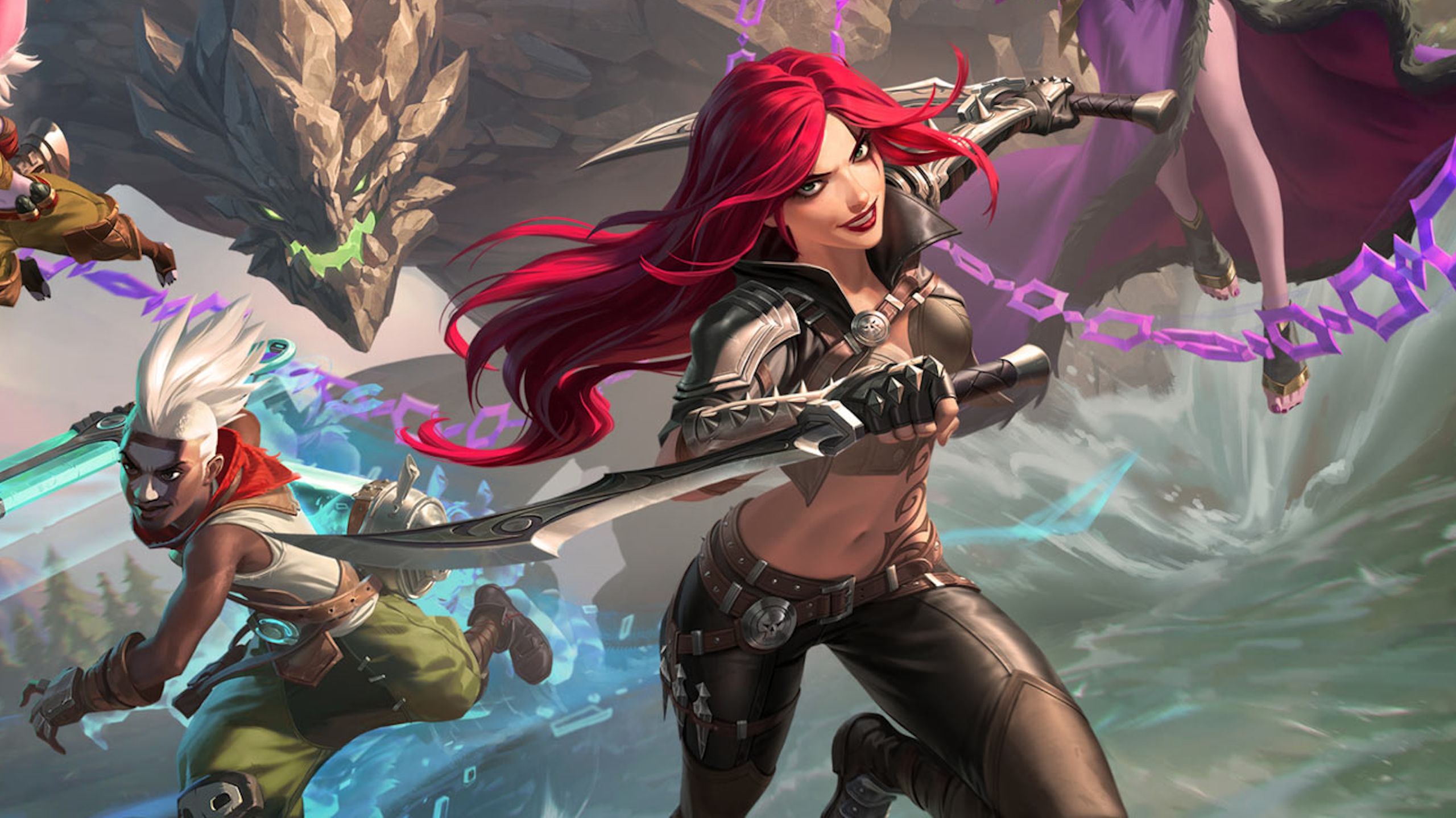The high cash generation of Big Tech monopolies overwhelms competitive industries, where the the leaders face stiff competition, make modest profits and have relatively small market caps.
Microsoft x Activision would dwarf EA, Take Two, Nintendo EPD, Ubisoft, Square Enix, Capcom, Bandai Namco, Capcom and PlayStation Studios.
Microsoft is challenging Lina Khan's agenda, becoming a threat to platform holders, publishers and developers, forcing Sony to transform itself into a PlayStation centric conglomerate and drawing Big Tech's attention. Waging war on too many fronts simultaneously is not a good idea.
Year to date
Sony (-21.11%)
Koei Tecmo (-13.04%)
Square Enix (-9.68%)
Bandai Namco (-8.50%)
Take Two (-7.46%)
EA (-4.62%)
Lina Khan, chair of the FTC: The Ideological Roots of America's Market Power Problem
This is troubling because
monopolies and oligopolies produce a host of harms. They
depress wages and salaries,
raise consumer costs,
block entrepreneurship,
stunt investment,
retard innovation, and render supply chains and complex systems highly fragile.
As a few technology platform companies mediate a rapidly growing share of our commerce and communications,
the problem will only worsen.
6 Since these gatekeeper firms have captured control over key distribution networks, they can squeeze the businesses reliant on their channels.
Furthermore, these firms leverage their platform power into new lines of business, extending their dominance across sectors. Their muscle, in turn, spurs additional consolidation, as both competitors and producers bulk up in order to avoid getting squashed.
7 Concentration begets concentration.
Lina Khan, chair of the FTC: Amazon's Antitrust Paradox
Antitrust law and competition policy should promote not welfare but competitive markets
it is much easier to promote competition at the point when a market risks becoming less competitive than it is at the point when a market is no longer competitive.
concentration of economic power also consolidates political power, "breed[ing] antidemocratic political pressures."156 This would occur through enabling a small minority to amass outsized wealth, which they could then use to influence government. But it would also occur by permitting "private discretion by a few in the economic sphere" to "control[] the welfare of all," undermining individual and business freedom.
Boardroom: Microsoft's Activision Blizzard Deal is Far From a Sure Thing
From an antitrust standpoint this is likely to be considered both a horizontal and vertical merger because Microsoft owns a number of game studios that produce titles for various platforms including Halo, Minecraft, and Gears of War
; but it is also a hardware manufacturer, vis-a-vis its flagship Xbox console. Whereas, Activision Blizzard is one of the biggest developers of "AAA" (the highest quality and production value) games in the world.
Perhaps the biggest competitive concern with this deal is its potential impact on consumers of Activision Blizzard's games. Microsoft might pull the title from other competing platforms, tie its other products to the purchase of the title (i.e. requiring an Xbox Game Pass subscription to buy Call of Duty), or simply have too much pricing power and charge more for games that would otherwise cost less in a more competitive market.
The other (arguably more pressing) concern is that
Microsoft will be able to "crowd out" competitors with its size, making the barriers to entry for companies too high.
That would make it easier for a start-up game developer to build something to sell to Microsoft rather than to actually compete with them over a longer term.
Without regulatory intervention or oversight, this culture of
consolidation is likely to continue at a steady clip, especially with big tech companies like Microsoft sitting on growing war chests of cash. Perhaps
the FTC recognizes this and sees an opportunity to roll back these "mega mergers."
CNN Business: Microsoft's blockbuster Activision Blizzard deal could raise uncomfortable challenges for US antitrust enforcers
Industry watchers say it's a risky time for Microsoft to try to push through what would be the largest acquisition in its history.
The head of the nation's antitrust enforcement agency, Federal Trade Commission Chair Lina Khan, has pledged to crack down on companies consolidating power and reducing competition in a range of industries, especially technology.
Activision Blizzard's stock is currently trading nearly 15% below the acquisition share price, a possible sign of
investor skepticism about the deal going through.
In her first six months leading the FTC, Khan laid out an ambitious agenda that involves
pushing sweeping reforms to the practice of antitrust law and being more proactive about blocking potentially anticompetitive mergers before they're completed. Her plans have been bolstered by
support from the White House and bipartisan
agreement among lawmakers about the need to rein in massive tech firms.
Both antitrust experts and the FTC itself have also noted that the agency is short on resources, especially compared to large tech companies.
A deal of this size "is almost a challenge to Lina Khan to kind of bring it on," Hal Singer, managing director at economics research firm Econ One and a professor at Georgetown Business School, told CNN Business.
"She's trying to push back and slow down the train, and this is basically the tech sector just saying, 'You can't stop us.'"

www.reuters.com








